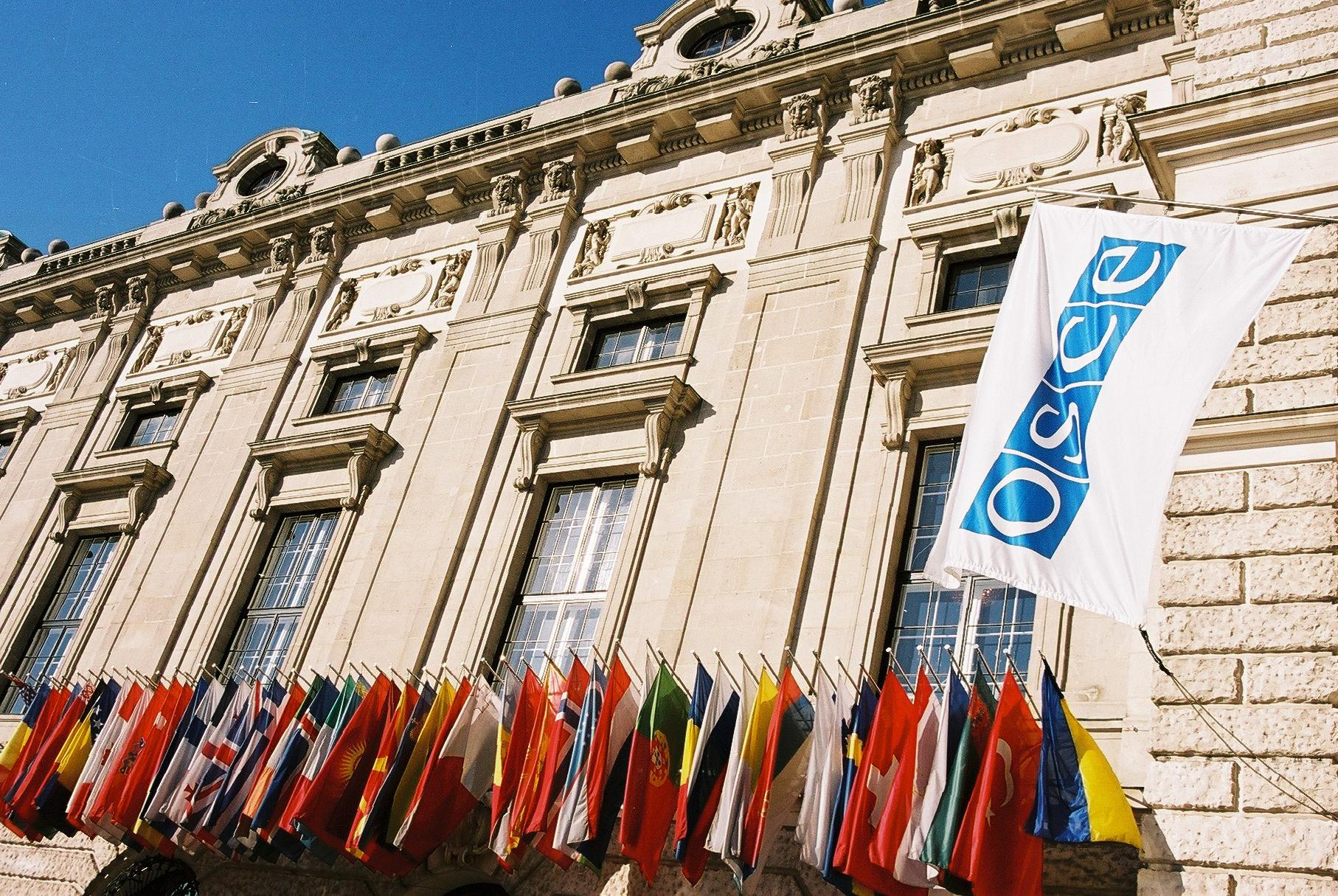Russia Suspends Membership in the OSCE Parliamentary Assembly: What Comes Next?

At the beginning of July this year, the Federation Council and the State Duma, the houses of the Russian legislative body, adopted a joint statement suspending the participation of the Federal Assembly’s delegation in the Parliamentary Assembly of the Organisation for Security and Co-operation in Europe and halting contributions to the OSCE PA budget. Prior to this decision, the Russian delegation had repeatedly failed to participate in PA sessions in the United Kingdom, Canada, and Romania, as the deputies were not granted visas to these countries.
It is a positive indication that the Russian regime has received yet another signal of its undesirability through the systematic visa refusals to Russian delegates. So, what comes next? The Russian Federation itself has formally decided to suspend its membership in the OSCE PA. A good solution would be to expel Russia from the Assembly. However, this is unlikely to be possible. The decision on exclusion can be taken by voting according to the following formula: unanimous decision minus one vote. Thus, even Russian opposition to the expulsion would not affect the result. However, the OSCE includes Russia’s loyal vassal, Belarus, which always votes in favor of Russia’s interests. Therefore, pursuing the impossible decision of expelling Russia is not worth the time and effort. It should be stated that the principle of consensus in decision-making by international organizations has been torpedoed and needs reconsideration.
This situation provides a compelling reason for the regional human rights community to consider existing problems when developing the principles and mechanisms for a future system of security and human rights protection. The Russian aggression against Ukraine has demonstrated that the current systems, created in the aftermath of the Second World War, are incapable of ensuring either security or protection of rights. Therefore, they need to be overhauled. Notably, the “talking heads” of the aggressor state, including the head of the criminal regime, Vladimir Putin, have repeatedly called for a revision of the security system. Moreover, Russia has expressed its discontent with the international security system in its policy documents. In the National Security Strategy of the Russian Federation, adopted in 2021, the Russian regime directly accused the Western countries of actions that have decreased the effectiveness of the global security system.
At the same time, the coherent concept of human rights is being systematically revised by a group of authoritarian and neo-totalitarian regimes under the slogan of “taking into account the peculiarities of each society and respecting national choices.” This was particularly evident in the joint Russian-Chinese statement “On the International Relations Entering a New Era and the Global Sustainable Development,” made just a few days before Russia began its aggression against Ukraine. The attempt to revise human rights is highly perilous, as it could lead to a revision of the system of international cooperation. This system has been undermined primarily by the actions of an informal coalition of regimes that promote the concept of a “multipolar world.” These same regimes declare the need for a new system of international cooperation.
One can confidently foresee a critical feature of the global system proposed by neo-totalitarian and authoritarian regimes: it will exclude a “basket of human rights” or replace the current comprehensive human rights framework with imitations. A fundamentally important characteristic of the current global system of international cooperation is the clear definition of human rights. The Helsinki Accords of 1975 outlined the so-called “three baskets”: security, economy, and human rights. This model has been in place for half a century, but the coalition of “multipolarists” is now proposing to limit cooperation to the areas of security and economy. This challenge needs to be publicly identified, and the human rights community must formulate a clear, systematic response. Such work has already begun, including through “parallel civil society conferences in the OSCE region.” However, it is necessary to act more purposefully and actively and to offer the international community a conceptual perspective on the future of human rights from the region’s human rights defenders.
Expert of the Ukrainian Human Rights Organization Center for Civil Liberties, Doctor of Political Sciences Mykhailo Savva
Joint Statement of the Russian Federation and the People’s Republic of China on the International Relations Entering a New Era and the Global Sustainable Development. 4 February 2022// Official website of the President of the Russian Federation.

